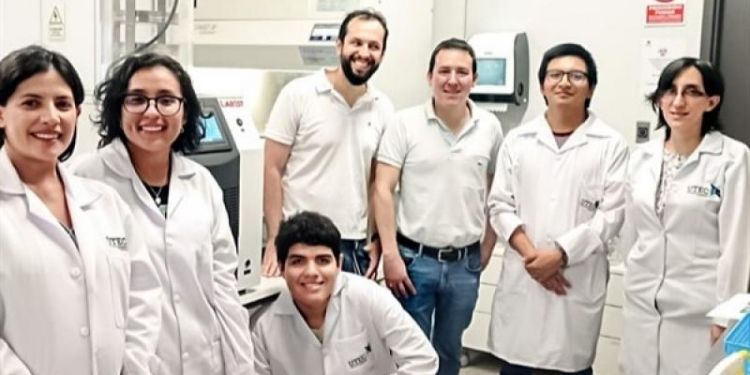Peruvian researchers develop eco-friendly food packaging film with unique properties, paving the way for sustainable solutions in food preservation.
In late 2022, a team of scientists from the University of Engineering and Technology (UTEC) in Peru embarked on a pioneering project to address the environmental impact of conventional plastic food packaging. Their groundbreaking work has resulted in the creation of an intelligent bioplastic film derived from pigmented native potatoes, offering a sustainable alternative to petroleum-based plastics.
Dr. Carolina Parada, lead researcher on the project, explained to El Peruano that this bioplastic is not only environmentally friendly but also safe for food contact. The innovation leverages the unique properties of the Kulli potato, a purple-skinned native variety developed by the National Institute of Agrarian Innovation (INIA) and sourced from Huaraz and Andahuaylas.
“This intelligent film contains starch and anthocyanins from the Kulli potato, which provide properties not found in other bioplastics,” Parada noted. “For example, it can indicate changes in pH in fermented foods, signaling when they have spoiled, and it protects against bacteria and microbes. That’s what makes this project unique.”
Unlike other bioplastics that rely on synthetic anthocyanins or starch from various sources, this film is derived entirely from the pigmented native potato. Its production represents a first in utilizing a single, sustainable product for such applications.
Sustainability and Innovation
The intelligent film was developed in UTEC’s chemical engineering laboratories, with mechanical characterization and property development conducted at the University of São Paulo in Brazil. The resulting sheets, measuring 30 by 20 centimeters, are a distinctive purple color, changing shades from fuchsia to green depending on the pH level. The material is also semi-transparent and flexible, making it versatile for various packaging applications.
Initial validations of the bioplastic were performed with fermented food packaging, such as tarwi, with promising results. The project concluded in July 2024, presenting a ready-to-transfer technological package for industrial use.
As part of their outreach, UTEC researchers engaged with industry stakeholders through business networking events organized by the Lima Chamber of Commerce. “The idea is to present the material to industry players and invite interested companies to collaborate,” Parada added.
The bioplastic has significant potential in the food industry, particularly for packaging poultry, meat, sausages, vegetables, and fruits. Its innovative properties and sustainable production process align with global efforts to reduce plastic waste and promote environmentally responsible practices.







